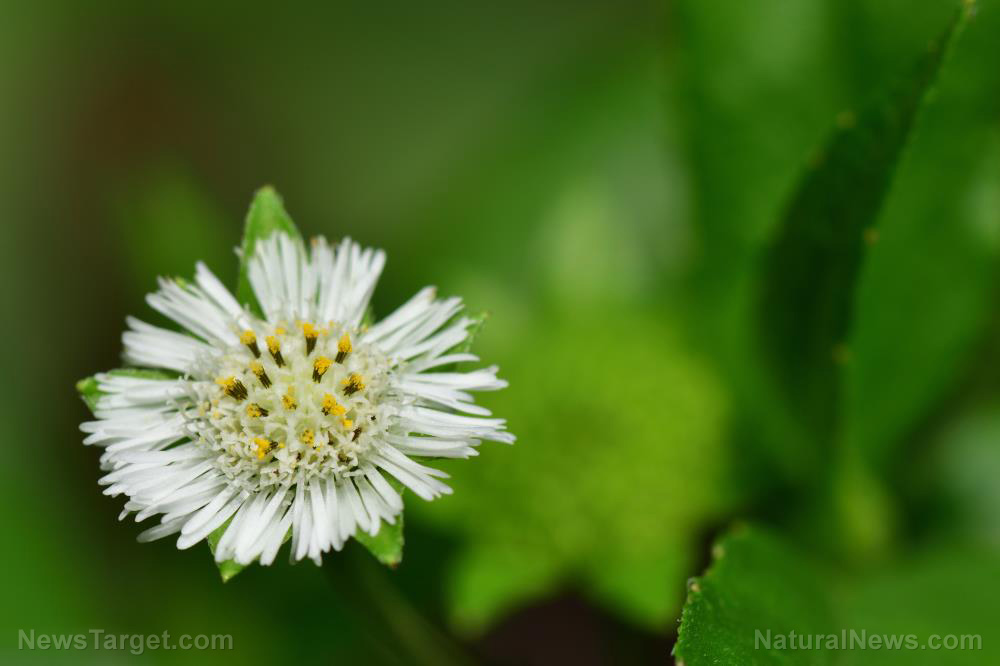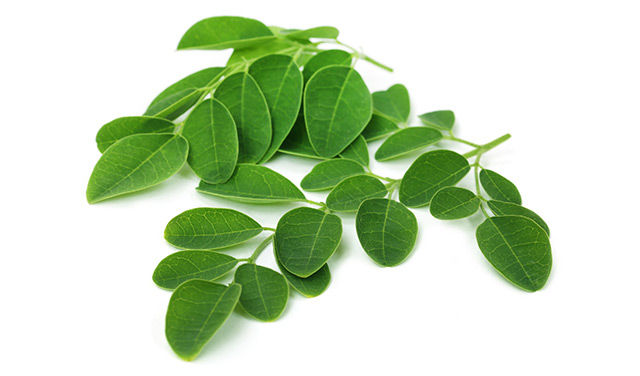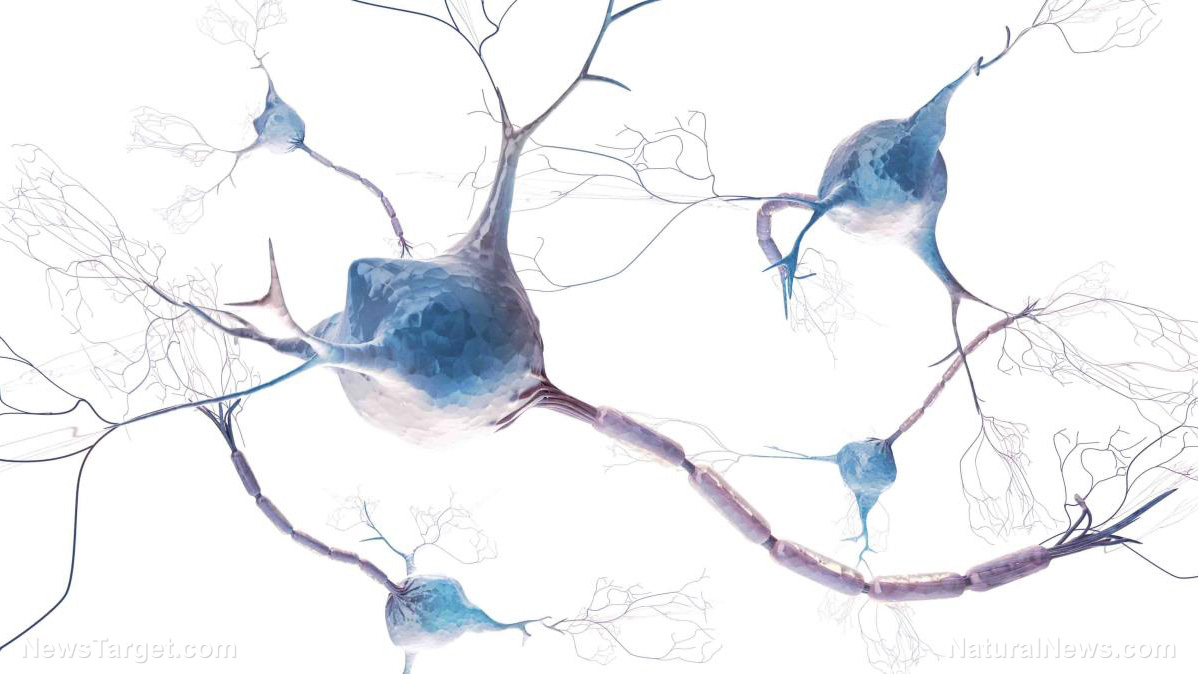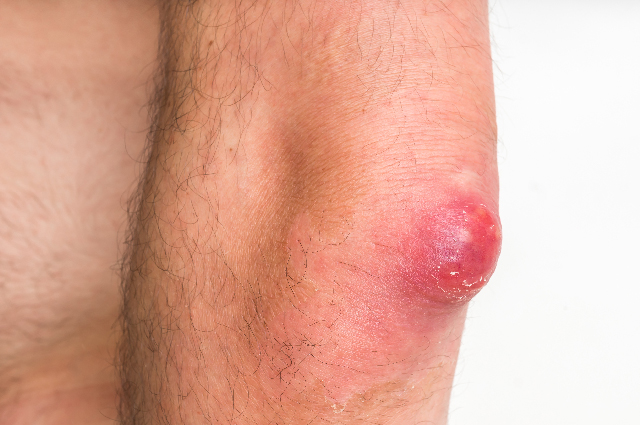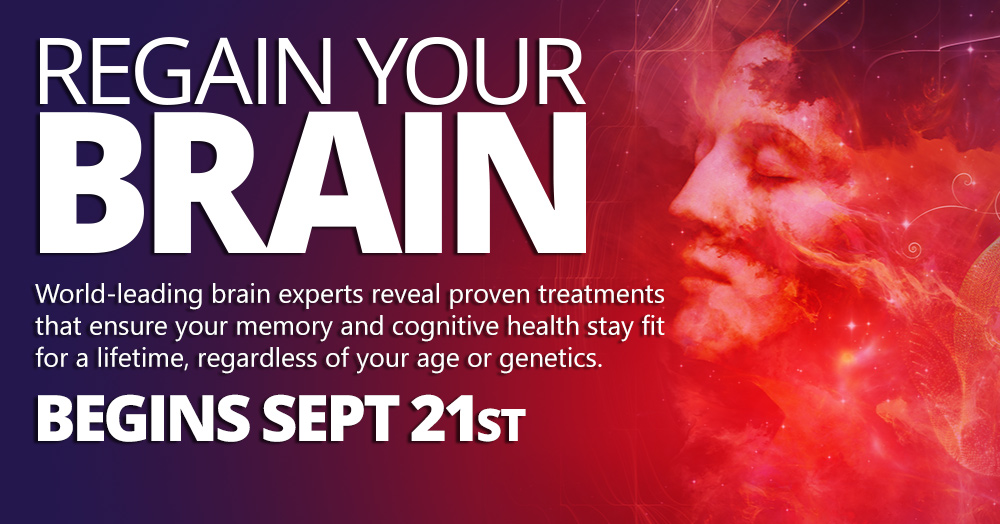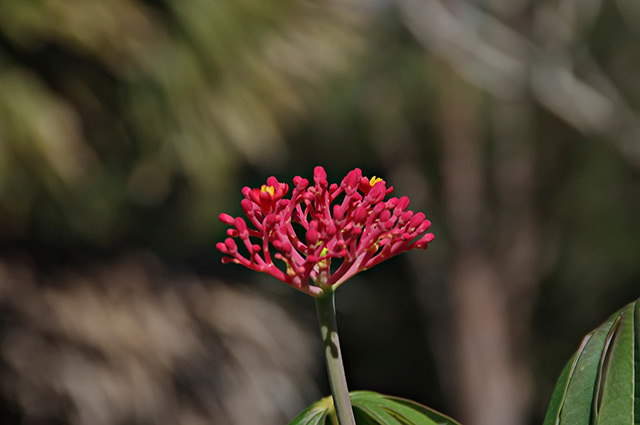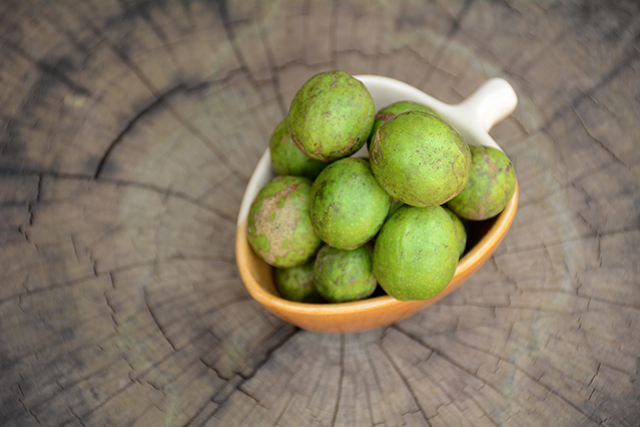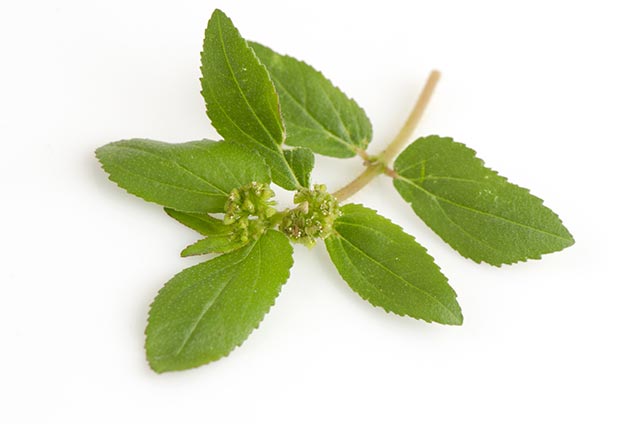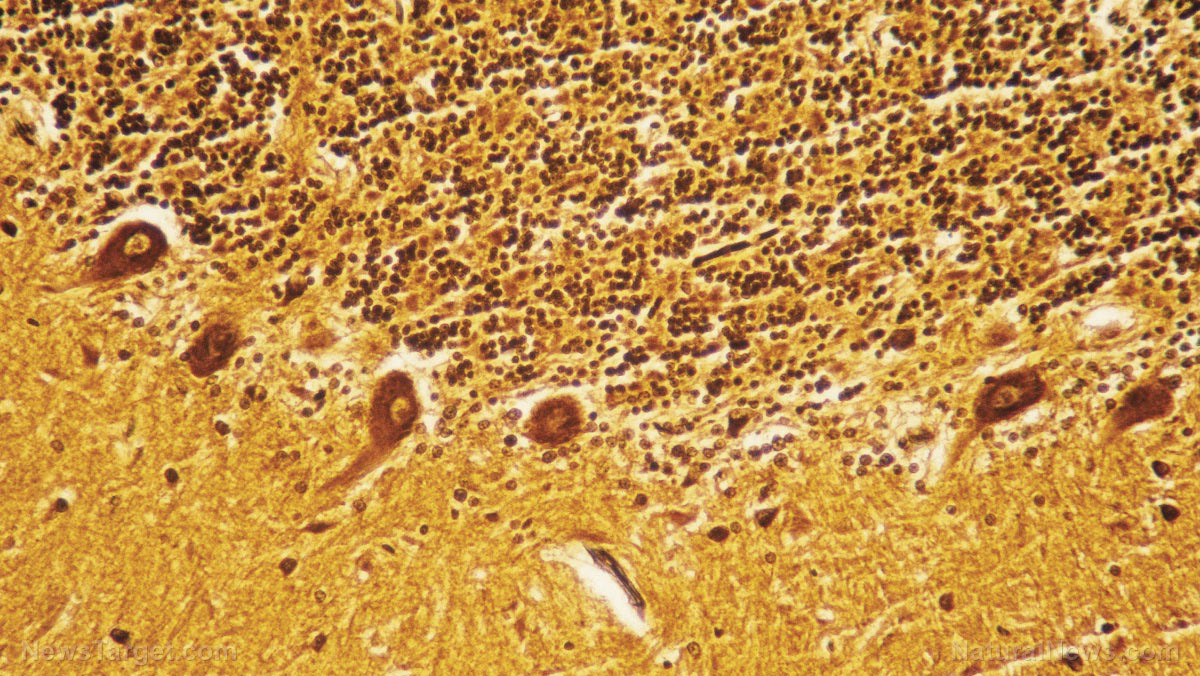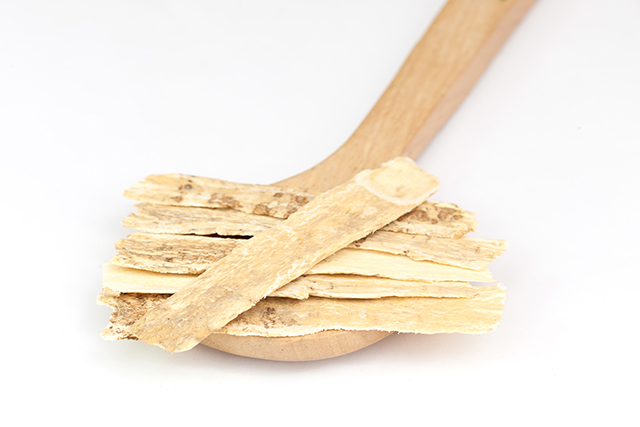Another natural remedy for alcoholism and depression? South American psychedelic herb promotes feelings of well-being, according to new study
11/15/2017 / By Michelle Simmons
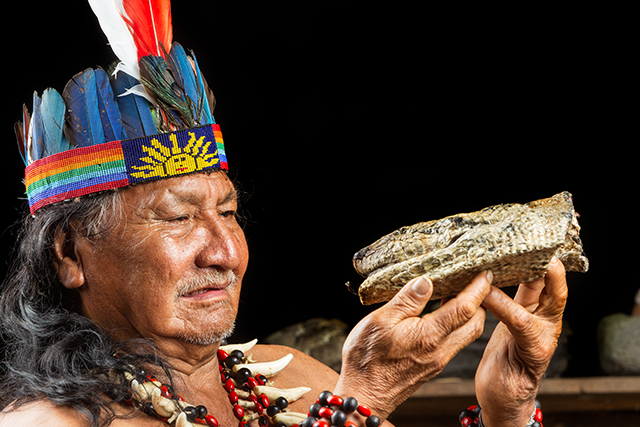
A new study has found that a traditional psychedelic herb from South America can potentially be used as a natural remedy for alcoholism and depression and can promote feelings of well-being.
In the study, researchers from the University of Exeter and University College London (UCL) examined the effects of the psychedelic herb known as ayahuasca and the well-being of its users by analyzing the data of 96,901 individuals around the world, which came from the Global Drug Survey. Of the respondents, there were about 527 ayahuasca users, 18,138 LSD or magic mushroom users, while the remaining 78,236 did not use any psychedelic drugs. The survey, which was promoted through social media, assessed the participants’ well-being with the use of the Personal Well-being Index that asks about things such as personal relationships, connection with the community, and a sense of achievement.
The researchers found that ayahuasca users noted that they managed their alcohol dependence better than those individuals who took LSD or magic mushrooms, which past studies have suggested can help in overcoming alcoholism. In addition, users of ayahuasca reported that they had better general well-being in the past year compared to the other respondents in the survey. The effect of ayahuasca was the strongest one hour after intake and its effects usually lasted for six hours.
“These findings lend some support to the notion that ayahuasca could be an important and powerful tool in treating depression and alcohol use disorders,” said Will Lawn of UCL, lead author of the study.
Lawn added that past research has shown the psychedelic drug’s potential of being used as a psychiatric medicine and that their current study gives more proof that ayahuasca may be a safe and promising treatment.
“If ayahuasca is to represent an important treatment, it is critical that its short and long-term effects are investigated, and safety established,” said Celia Morgan of the University of Exeter, senior author of the study.
The researchers did not find any effect of long-term ayahuasca usage on cognition. It did not produce addiction or aggravate mental health conditions. However, they found that ayahuasca users had a higher rate of lifetime mental illness diagnoses, and this was shown in users from countries that do not traditionally use ayahuasca. Moreover, they noted that studies in the future should evaluate the associations between ayahuasca use, mental health, well-being, and problematic alcohol and substance use among these people.
The findings of the study were published in the journal Scientific Reports.
Fast facts on ayahuasca
Ayahuasca is a blend of two plants — the Psychotria Viridis bush and the stems of the Banisteriopsis Caapi vine. It is a natural hallucinatory herb that contains dimethyltryptamine, a hallucinogen which is illegal in the United States, the United Kingdom, and many other countries.
“Most people seek ayahuasca with good intentions – they are not thrill-seeking but are curious, serious – or have specific issues such as depression,” Dennis McKenna, who is a botanist professor at the University of Minnesota, told BBC.
Most ayahuasca users in the Exeter and UCL study took the drug with a healer or a shaman as it is used in traditions of indigenous tribes and religious groups in the Amazon region. According to an article by BBC.com, the Ethnobotanical Stewardship Council said that “ayahuasca tourism” has been well established in South America and its use by Westerners has increased its reputation worldwide.(Related: What You Should Expect At Ayahuasca Retreats.)
“Thrill seekers are self-eliminating after a couple of sessions of vomiting. It is not pleasant or fun. It puts your body through the wringer – emotionally and physically,” said McKenna, who is also a board member at the Heffer Research Institute which studies psychedelic substances.
Find out more health benefits of ayahuasca at AlternativeMedicine.news.
Sources include:
Tagged Under: alcohol addiction, alcoholism, ayahuasca, depression, natural remedy, Natural Treatments, psychedelics

